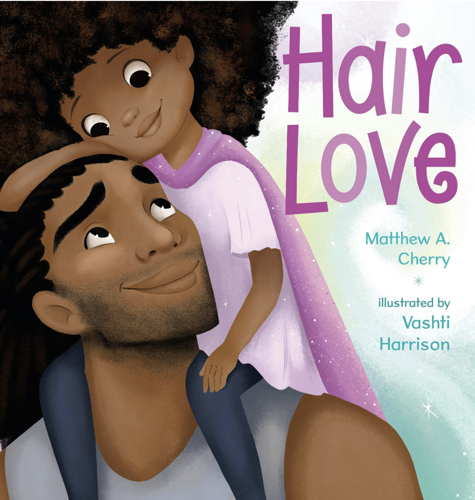In 2022, Black hair is still bothersome to white people. This time (because sadly there were other times), it was the hair of a 12-year-old boy.
According to the young man’s mother, this Minnesota student at Parnassus Preparatory Charter School had his hair cut by his teacher at the school, without the consent of the parents. Tadow McReynolds, the mother of the young man, called the police but it was to no avail. Parnassus Prep defended the teacher and offered no apology.
Since, the young man was removed from the school and started at a new school with a fresh cut.
This is the most recent violence committed against Black hair. Just last year, a Black high school softball player was forced to cut her hair, a 17-year-old autistic student had his hair cut, against his mother’s consent, by his gym teacher, and like this young man, a 7-year-old biracial child had her hair cut without her parent’s consent, to which her father has sued the school district for $1 million dollars.
Sadly, legislation is needed to protect Black people in regards to their hair. In my home state of New Jersey, Gov. Murphy signed the Crown Act in 2019. Nine other states and numerous municipalities across the country, including Philadelphia, PA and New Orleans, LA, have Crown Act legislation on the books—29 other states have legislation pending, as well as congressional legislation pending.
However, without such legislation, Black children will continue to have their hair cut by white people (and Black people) in schools.

If the shoe were on the other foot and a student were to cut the hair of a teacher, I have no doubt that those teachers would call for punishment for that student; the maximum punishment if that student was Black and the teacher was white. Yet, there are teachers, white teachers specifically, that feel it is okay to cut off the hair of Black students. The reality is, that it’s not okay.
All schools have a code of conduct for teachers with respect to how they engage with students. Under no circumstances should any educator do something to student without the consent of that student’s parent(s) or guardian(s). One might argue, there have been instances where Black children have had their hair cut or braided by educators without the consent of parents. But unlike the egregious actions of the teachers that inspired this post, those instances of the braiding and cutting of Black hair, the educators doing so were Black educators, who I am sure are more intimately familiar with the mores and norms of Black culture and Black hair.
In addition, those actions were affirming their identity as Black children. That’s really what this comes down to; educators understanding not only their place in the student educator dynamic but also how power and culture plays a role in that dynamic.
As the authority figure in the classroom, students may not want to challenge a teacher for fear of a backlash. Power has to do with that; the teacher holds the power. If you go to cut a student’s hair or you tell them you’re going to do so, that child may disagree but for fear of being further embarrassed or disciplined, they may not challenge that decision made by the teacher.

But also, in the case of the 12-year-old student and others like it, teachers don’t understand the role culture and history has to play. In the African-American community, hair means something different than here in other communities due to how racism plays a role in how Black people and their hair are received and how Black hair is representation throughout the media, and Hollywood, amongst other places. Consider the Nivea ad features a neatly dressed Black male model about to toss the decapitated head of another black man with an afro and beard.
The reality is that our society is very much still anti-Black. The fact that we need a Crown Act proves that point.
Cutting off the hair of a Black child or a biracial child who is of African-American heritage is an anti-Black violence. Educators must know this and its violence that can be committed by Black educator just like it can be committed by a white educator or any educator. Nevertheless, these acts need to stop and it’s up to district officials to equip themselves and their staff with the knowledge and understand of how to treat Black student.
This is why it’s important for school districts to hire Black people to serve as educators.
This isn’t to say that having a Black educator will absolutely prevent these things from happening but it is to say that having Black educators on your staff can provide an understanding on how to humanize Black children.

Unfortunately, Black children are overly disciplined and under educated; learning little to nothing about their heritage, learning in ways that’s not connected to community and being expected to assimilate to achieve academic success. It’s no wonder that these experiences continue to happen to young Black children, but they are insensitive, dehumanizing, and evil. But again, we live in an anti-Black society and to expect non-Black people to treat Black people in a humane way is sadly asking or expecting too much from some.
The way that one looks has as much to do with how one identifies themselves as much as how that individual wishes to be referred to or called by others. If educators can’t respect students enough to allow them to live in their fully human selves, expressing themselves and identifying themselves as they wish, maybe they’re the ones that ought to be sitting at a desk in the classroom as opposed to leading one.

